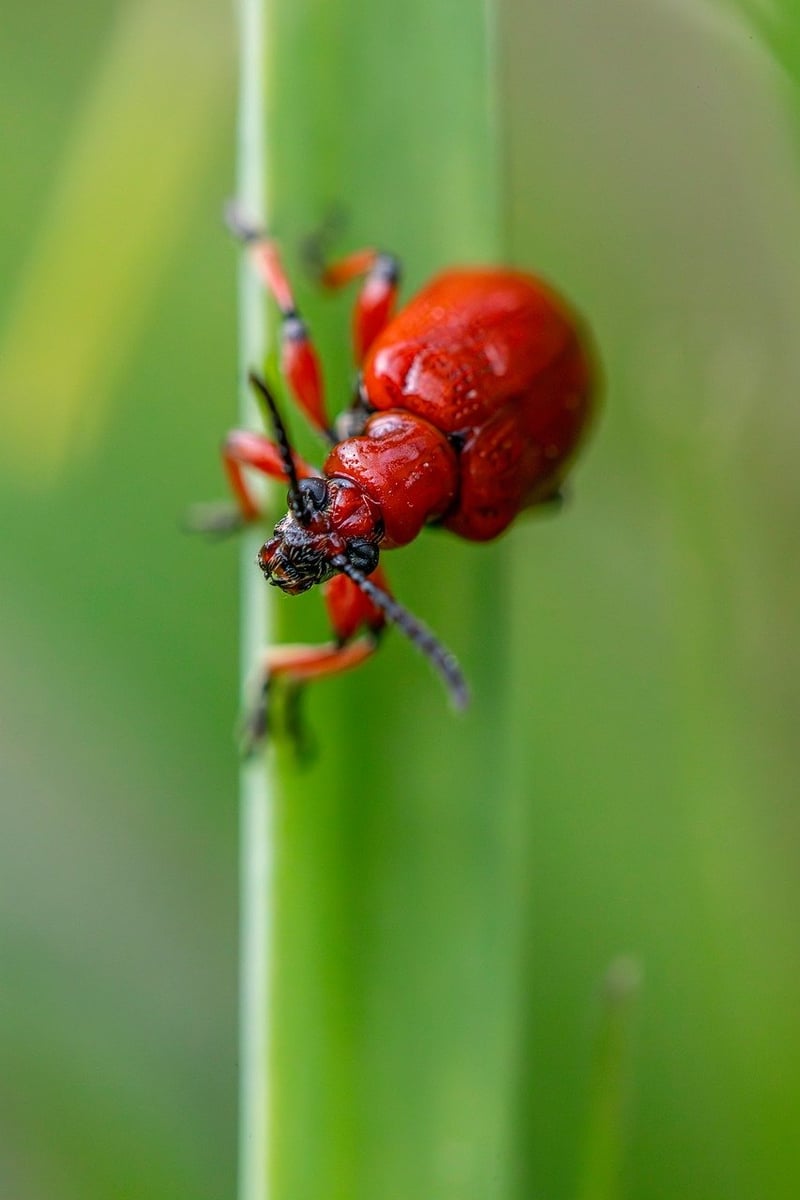Pest Management
Nurture Your Plants with Effective Pest Management
Having a green thumb is not just about planting and watering; it also involves protecting your beloved plants from pesky pests. Effective pest management is essential for maintaining a healthy and thriving garden. In this guide, we will explore tips and techniques to nurture your plants while keeping pests at bay.
Identifying Common Garden Pests
Before delving into pest management strategies, it is crucial to identify the common pests that may attack your plants. Some of the most common garden pests include aphids, mealybugs, spider mites, caterpillars, and snails. Each pest has its unique characteristics and preferred host plants.
Organic Pest Control Methods
Organic pest control methods are not only effective but also environmentally friendly. Here are some natural ways to manage pests in your garden:
- Neem Oil: A natural insecticide that disrupts the life cycle of pests.
- Diatomaceous Earth: A powdery substance that dehydrates and kills insects.
- Beneficial Insects: Introduce ladybugs, lacewings, or praying mantises to prey on harmful insects.
- Companion Planting: Planting certain herbs and flowers can repel pests and attract beneficial insects.
Integrated Pest Management (IPM)
Integrated Pest Management is a holistic approach that combines cultural, physical, biological, and chemical control methods to manage pests effectively. The key principles of IPM include:
- Regularly inspecting plants for signs of pest infestation.
- Promoting plant health through proper watering, pruning, and fertilization.
- Using biological controls such as beneficial insects.
- Resorting to chemical pesticides only as a last resort and selecting least-toxic options.
Preventive Measures
Prevention is always better than cure when it comes to pest management. Here are some preventive measures to keep pests away from your plants:
- Keep your garden clean and weed-free to eliminate hiding spots for pests.
- Avoid over-fertilizing, as it can attract pests to your plants.
- Practice crop rotation to disrupt the life cycles of pests.
- Use row covers or physical barriers to protect plants from pests.
Conclusion
By incorporating these pest management strategies into your gardening routine, you can nurture your plants and create a thriving garden ecosystem. Remember, a healthy garden is a happy garden!

Image source: Pixabay
